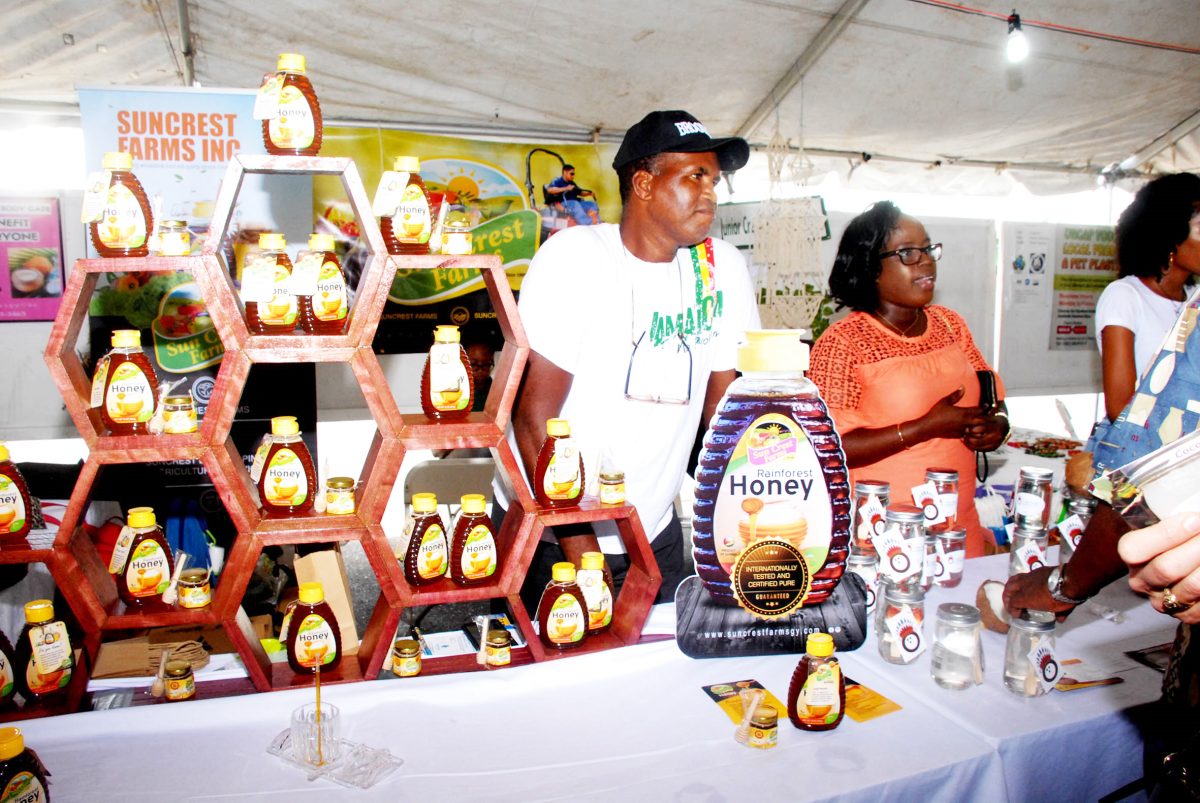A post-Covid-19 Guyana business community is likely to find itself significantly denuded of many of those micro and small business enterprises which, prior to the outbreak of the virus, had added a new and enterprising dimension to the overall business sector whilst contributing significantly to job-creation and enhancing individual and family incomes.
Information gathered by the Stabroek Business between May and August this year based on interviews with micro and small business owners in sectors including agriculture, agro-processing, art and craft, and the beauty industries, point to the likelihood that many of the micro and small enterprises in these sectors may either fail to recover from the decline in trading resulting from the strictures imposed on account of COVID-19 or will require significant injections of both financial support and recovery-related business coaching if they are to return to business in due course.

While the sample of twenty four micro and small businesses with which this newspaper spoke is modest relative to the overall numbers of micro and small businesses across the country, the consistency of the responses that came from business owners/managers in both coastal and hinterland communities point to an overall concern that the advent of the virus has significantly altered the upward trajectory of the small and micro business sector which had manifested itself in recent years.
For all their challenges, however, farmers and agro-processors from far-flung coastal areas have all told Stabroek Business that their complete dependence on their current business pursuits mean that they have little choice but to ‘ride out’ the cisis.
Responses from small businesses in the hair and beauty industry in the capital suggest that while COVID -19 impacted only minimally on the demand for their services, the particularly severe restrictions placed on their operations meant that customer decline impacted their earnings over several weeks. The owner of a small but popular beauty establishment put the decline in earnings into perspective declaring that “many people style and cut their hair every week. Women visit the beauty parlours at the same rate. It means that when things are normal we have ‘full house’ almost every day. Can you imagine the impact when we can’t work for several weeks?” When asked what her concern was, going forward the hair stylist responded thus: “My real fear is that this coronavirus situation may still not be over and that there may be another squeeze coming.”
Across the board, the concern among micro and small businesses in the aforementioned sectors is that Guyana is nowhere near equipped to respond to the impact that sharp, sudden shocks can have on businesses that are less than well-entrenched. While there has always been concern about state provision for supporting upcoming businesses as well as those needing support in times of crisis, the general view is that the provisions that have been made through institutions like the Small Business Bureau (SBB) are nowhere near enough to provide an adequate across-the-board response in times of need. “Since small businesses, these days, contribute significantly to both employment and to family welfare,” an emerging agro-processor told us, “Government will have to begin to pay more attention to the growth of these businesses. Apart from strengthening the support institutions, they have to be prepared for crisis situations.”






